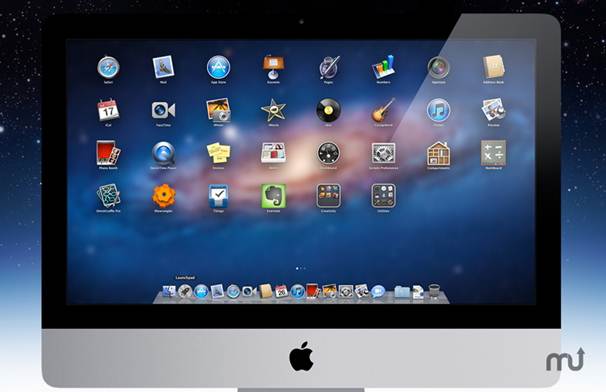Apple has extended its offer of 20GB of
free iCloud storage for MobileMe subscribers until 30 September. MobileMe, the
online syncing and storage service that preceded iCloud, is due to close
completely on 30 June after a year’s notice and Apple is stepping up its
attempt to persuade users to switch to iCloud while there’s still time.
In April, Apple CFO Peter Oppenheimer
reported that 125 million people had so far signed up to iCloud, which is
available to Mac and iOS users free of charge.

Apple
has extended its offer of 20GB of free iCloud storage for MobileMe subscribers
until 30 September
After 30 September, iCloud switchers can
chose to pay $42 a year to keep the 20GB of storage previously included with
their more expensive MobileMe account, or revert to the now standard 5GB of
free storage. Apple has also offered MobileMe users who are still running OS X
10.5 Leopard, which isn’t compatible with iCloud, a free copy of OS X 10.6 Snow
Leopard, which they can update to OS X 10.7 Lion via the Mac App Store for
$31.5 – still a lower total cost than a year’s MobileMe subscription, although
many features can be coaxed to work in Snow Leopard; Lion can only be installed
on systems already running Snow Leopard. The offer appears to scotch rumours
that a forthcoming updated to Snow Leopard would support iCoud, for the benefit
of users unable to upgrade to Lion because of legacy hardware or software
issues.
OS X Lion itself has moved to version
10.7.4. Available via Software Update, the patch includes a fix for a security
flaw in File Vault which has been present since 10.7.3 but was only discovered
recently. The vulnerability meant that in some cases passwords for File Vault,
OS X’s encrypted file locker, and Home directories were sent to a log file as
‘clear’ rather than encrypted text. Security researcher David Emery, who
discovered the issue, pointed out that someone with physical access to an
affected Mac could examine the log file and gain access to passwords and other
data that should have been protected.

OS
X Lion itself has moved to version 10.7.4. Available via Software Update
Other improvements and fixes in the update
include improved compatibility with UK third party USB keyboards; enhanced
performance with WebDAV servers; better printing to an SMB print queue;
improved internet sharing over PPPoE connections; and the addition of a number
of new cameras to those supported by OS X’s built-in Raw image processor.
An included update to Safari improves the
web browser’s stability and security, according to Apple. Significantly, this
release will disable the Adobe Flash Player plug-in if the installed version is
older than 10.1.102.64, which was released in November 2010. Adobe welcomed the
measure, which is designed to avoid security threats.
One undocumented feature is the addition of
a high-resolution 1024 x 1024 pixel icon for the Text Edit app. Increasing the
file size from 209 kilobytes to 1.7MB, the change follows the incorporation of
high-resolution icons for the App Store and Launchpad. The last update to OS X
had already introduced higher-resolution versions of interface elements such as
the pointing finger and grab hand, as well as the camera icon for screenshots.
The implication is that Apple is gradually preparing the OS to support a
‘Retina’ display, its term for screens in which the pixels are too small to be
individually discerned. First seen on the iPhone 4, a Retina display has a
resolution of 2048 x 1536 pixels, giving a density of 264 pixels per inch. The
iPhone 4 and 4S have 326 pixels per inch.

A
MacBook Pro with a screen resolution of 2880 x 1800 has been touted as a
possibility, doubling the resolution of the current 15in model to 220 ppi
A MacBook Pro with a screen resolution of
2880 x 1800 has been touted as a possibility, doubling the resolution of the
current 15in model to 220 ppi. Taking into account distance from the eye, this
would still meet Apple’s definition of ‘Retina’.
iOS 5.11 has also been released, improving
HDR photography, AirPlay video, and a rogue ‘unable to purchase’ alert after an
item had been downloaded from the iTunes Store. iOS 5 will offer it
automatically.
Apple is stepping up its attempts to
persuade users to switch to iCloud while there’s time